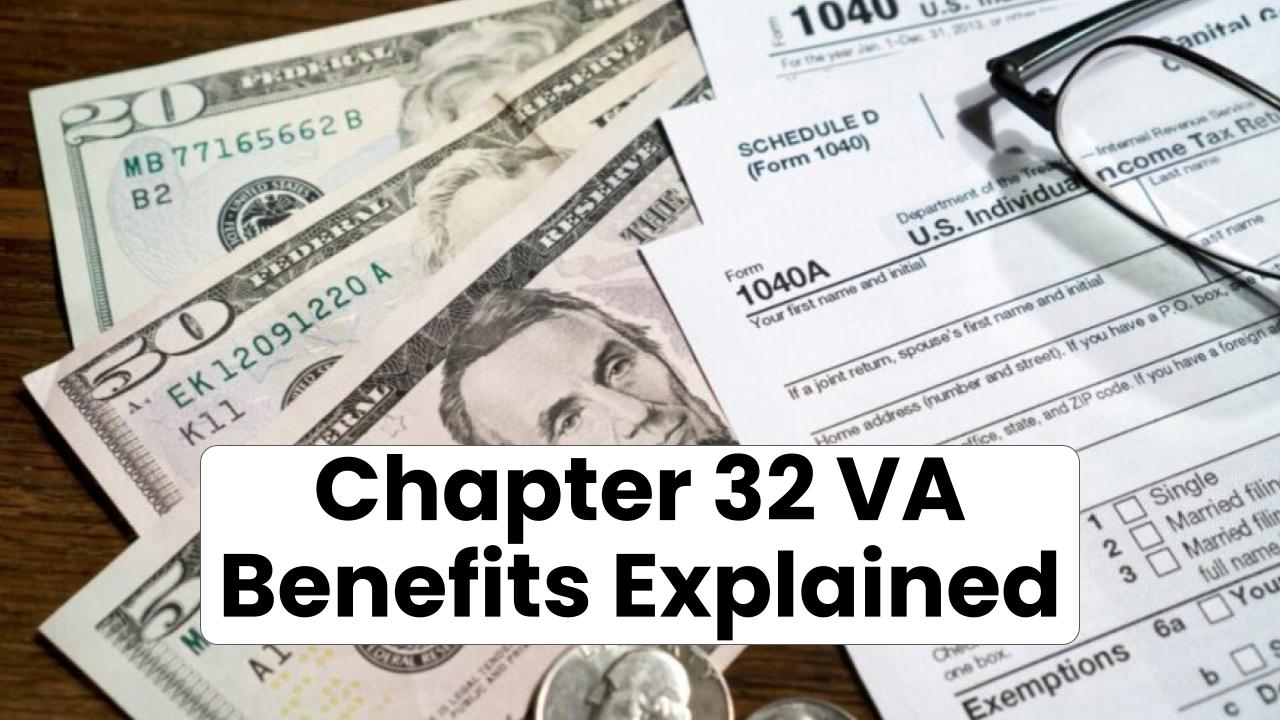The 8th Pay Commission is stirring up quite the buzz across India. Central government employees, unions, and even the general public are divided about what it means for their financial future. For some, the news of a meager 13% salary hike is disheartening, while others are hoping for more significant changes. With the Commission’s recommendations expected to affect millions of employees, it’s time to unpack the details and see what all the fuss is about.

8th Pay Commission Sparks Controversy
| Key Data | Details |
|---|---|
| Expected Salary Hike | 13% to 34% depending on the fitment factor |
| Fitment Factor (7th CPC vs 8th CPC) | 2.57 (7th) vs 1.8 (8th) |
| DA Reset | Current DA of 55% will be reset to zero |
| Total Cost for Government | ₹2.4–3.2 lakh crore additional financial burden |
| Expected Implementation Date | January 2026 (or possible delay to FY27/FY28) |
| Union Concerns | Demand for parity with 7th Pay Commission structure |
The 8th Pay Commission has brought both excitement and anxiety among central government employees. While a 13% salary hike is expected, many are still hoping for a larger increase, especially considering the lower fitment factor and the reset of the DA. This revision could have a significant impact on government employees’ lives, and its fairness remains a hotly debated topic. Only time will tell whether the government will address union concerns and provide an adequate salary revision for the nation’s hardworking employees.
What Is the 8th Pay Commission?
Before diving into the controversy, let’s quickly get up to speed on what the 8th Pay Commission actually is. The Pay Commissions are government-established bodies tasked with recommending pay hikes for central government employees. The 8th Pay Commission is the latest in line, and it’s supposed to provide salary revisions based on economic changes, inflation, and the increasing demands of the workforce.
Every decade or so, these commissions come up with a new structure for pay scales and benefits. The last major change came from the 7th Pay Commission in 2016. Since then, inflation, cost of living, and rising expenses have created significant pressure for the 8th Commission to deliver something that reflects current economic conditions.
The expectation? A salary hike that’s both fair and sustainable. However, with an anticipated hike of only 13%, many are left wondering if this is enough to address the ever-growing expenses of daily life.
Why Is the 13% Salary Hike So Controversial?
The figure of 13% has raised more than a few eyebrows. Central government employees were hoping for something closer to the 30–34% salary increase predicted by some analysts. Here’s where things get complicated.
The Fitment Factor – What Does It Mean?
The fitment factor is a key term in pay commission discussions. Simply put, it’s the multiplier used to determine how much the basic salary will increase under the new structure. In the 7th Pay Commission, the fitment factor was set at 2.57, meaning that for every rupee a government employee earned, the revised pay was 2.57 times that amount.
For the 8th Pay Commission, the fitment factor has been proposed at 1.8, which is significantly lower. This means the salary increases will be smaller than what employees saw in the last pay revision.
In simple terms, a lower fitment factor means that the salary hikes won’t be as generous. For instance, if an employee earns ₹30,000 under the current system, the pay hike could mean a revised salary of ₹33,000 (13% increase) instead of the expected ₹39,000.
Impact of DA Reset
In addition to the lower fitment factor, another controversial aspect of the 8th Pay Commission is the reset of the Dearness Allowance (DA). The DA is a cost-of-living adjustment provided to government employees to help counter inflation. Currently, the DA stands at a hefty 55% of the basic salary.
With the 8th Pay Commission, however, the DA will be reset to zero, which has led to fears that the overall compensation may not keep up with the rising costs of living, even with a salary increase. In practice, this reset could reduce the real value of the salary hike.
What Do Analysts and Experts Say About the Expected 13% Hike?
Experts Are Divided
While the 13% hike is what many analysts expect, some remain hopeful for a more substantial increase. The Ambit Capital Report suggests that a 30–34% salary hike is possible based on a higher fitment factor range of 1.83 to 2.46.
However, other reports, like the one from Kotak Institutional Equities, predict the modest increase of 13%. Their reasoning points to both the lower fitment factor and the resetting of the DA as key contributors to this outcome.
Financial Burden on the Government
One of the reasons the hike may be modest is the cost of implementing the 8th Pay Commission. The additional financial burden on the government is estimated to range between ₹2.4 lakh crore to ₹3.2 lakh crore, a massive increase from the ₹1.02 lakh crore incurred during the 7th Pay Commission.
The government has to balance the need for fair compensation with its financial constraints, and this could be a significant factor in keeping the salary hikes lower than expected.
Employee Unions’ Reaction – A Call for Fairness
Unsurprisingly, employee unions have expressed their discontent with the proposed 13% hike. The National Council–Joint Consultative Machinery (JCM), representing central government employees and pensioners, has officially called for the fitment factor to be restored to the 7th Pay Commission levels.
Their argument is that a smaller increase in pay will not keep pace with inflation and the rising cost of living. This, they claim, could lead to a situation where government employees find it difficult to meet their basic needs despite the salary revision.
For those wondering whether these unions have a case, it’s important to consider that the 7th Pay Commission provided a much more significant hike, which allowed employees to maintain a comfortable standard of living in the face of rising prices.
What Can You Expect From the 8th Pay Commission?
Employees and Pensioners
The 8th Pay Commission will directly affect over 50 lakh government employees and an additional 58 lakh pensioners. While the specifics will vary depending on rank and location, here’s what you can expect:
- Lower Rank Employees: For employees in lower ranks, such as those at the entry-level, the 13% hike will be relatively significant. However, it may still be insufficient to address inflation.
- Higher Rank Employees: For employees in higher ranks, the 30–34% salary hike might make a more noticeable difference. However, they will still face the challenge of the DA reset.
FAQs
1. Why is the DA reset to zero in the 8th Pay Commission?
The DA reset is a standard procedure that’s meant to align the salary structure in a more sustainable way, ensuring that the new structure addresses both inflation and overall government expenditure.
2. When will the 8th Pay Commission be implemented?
The 8th Pay Commission is expected to be implemented on January 1, 2026, though there are possibilities of a delay into FY27 or FY28.
3. How does the fitment factor affect my salary?
The fitment factor directly impacts the size of your pay raise. A higher fitment factor results in a larger increase in your salary. A lower fitment factor, like the one proposed in the 8th Pay Commission, leads to a smaller salary increase.








